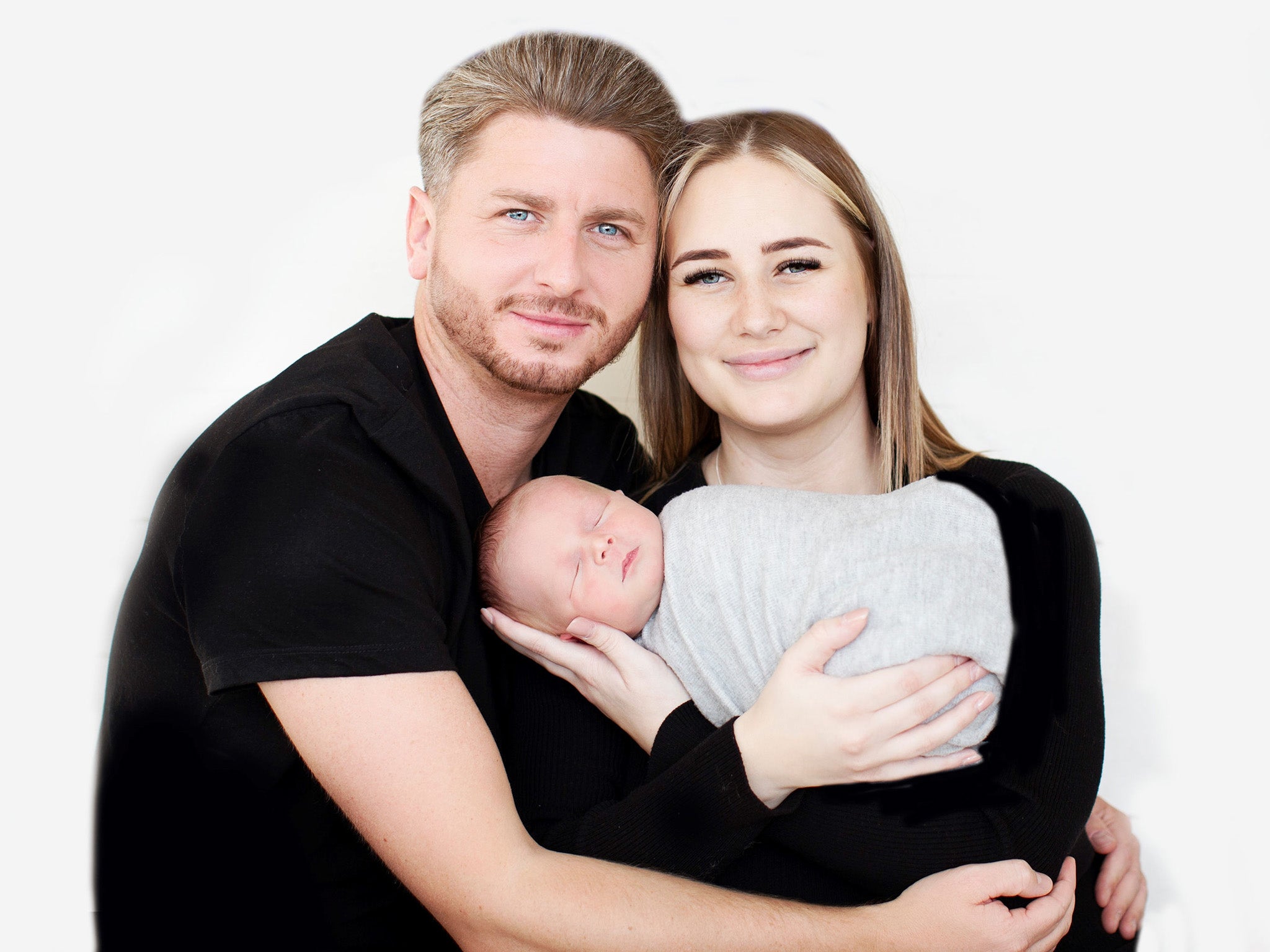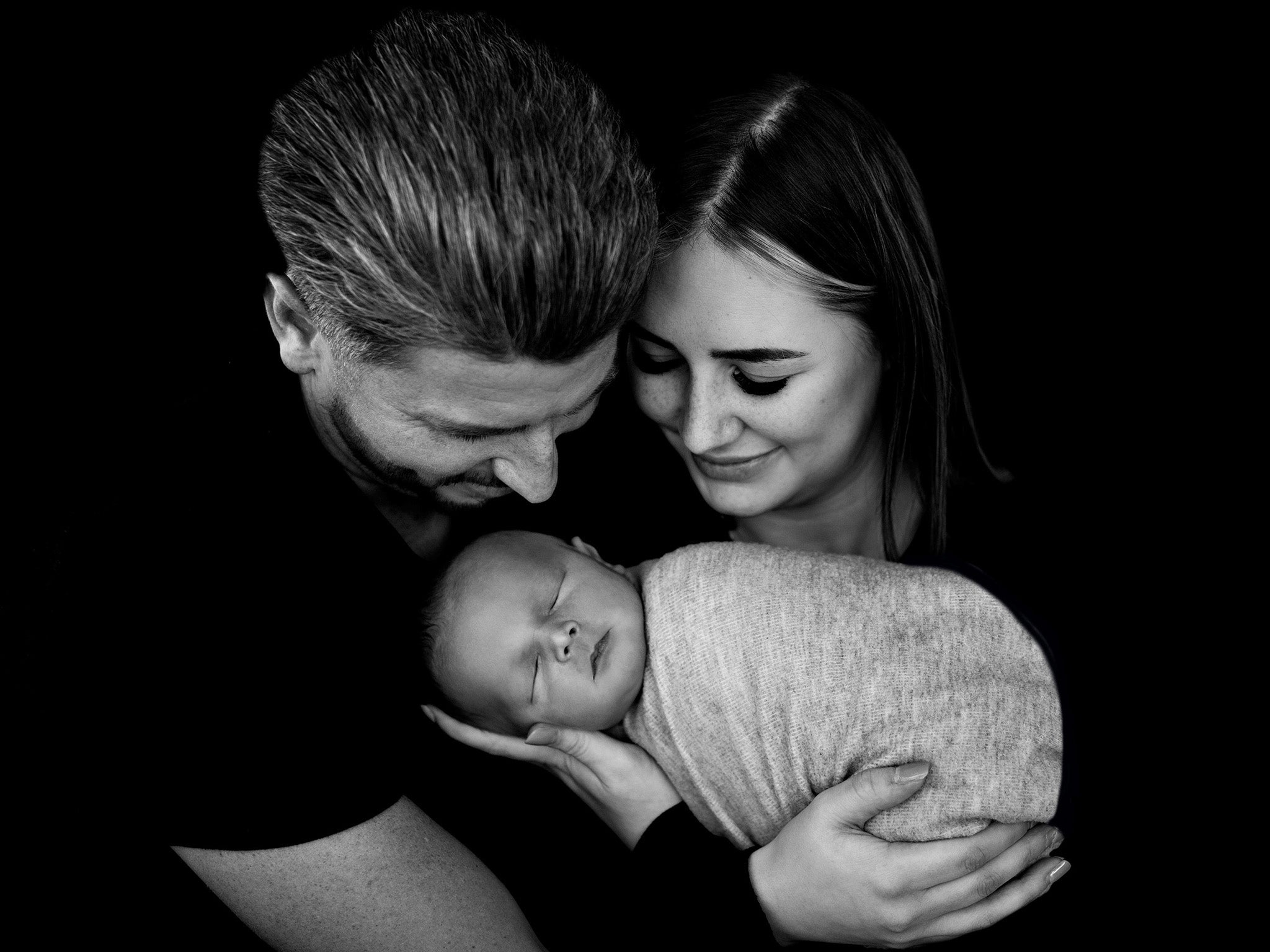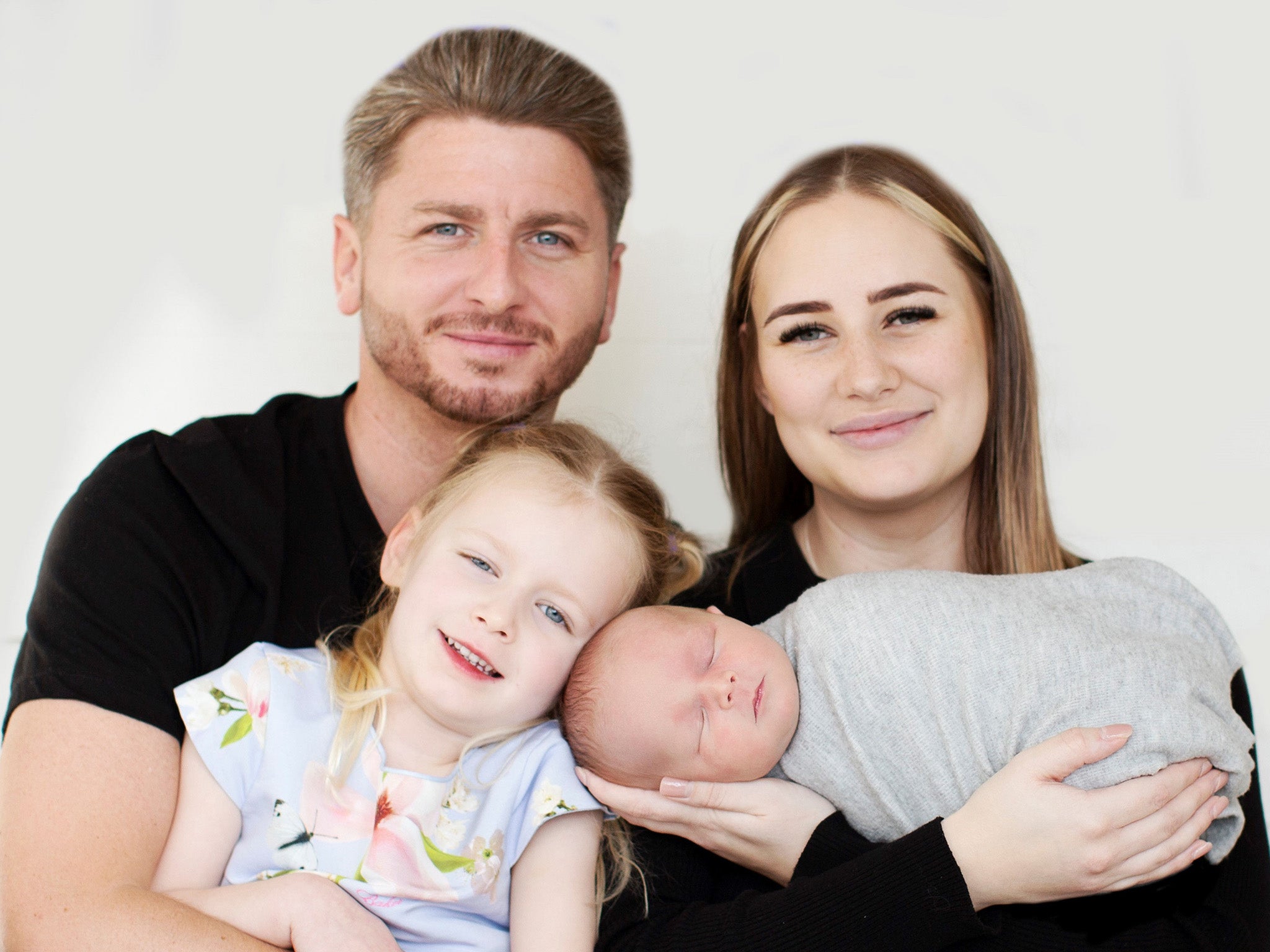Cancer patient who thought she was infertile due to treatment gives birth to ‘little miracle’ baby
Innovative T-cell therapy gives Blackpool mother a second chance

Your support helps us to tell the story
From reproductive rights to climate change to Big Tech, The Independent is on the ground when the story is developing. Whether it's investigating the financials of Elon Musk's pro-Trump PAC or producing our latest documentary, 'The A Word', which shines a light on the American women fighting for reproductive rights, we know how important it is to parse out the facts from the messaging.
At such a critical moment in US history, we need reporters on the ground. Your donation allows us to keep sending journalists to speak to both sides of the story.
The Independent is trusted by Americans across the entire political spectrum. And unlike many other quality news outlets, we choose not to lock Americans out of our reporting and analysis with paywalls. We believe quality journalism should be available to everyone, paid for by those who can afford it.
Your support makes all the difference.A young woman who feared chemotherapy for a life-threatening cancer had left her infertile has given birth to a “little miracle” after receiving an innovative treatment.
Sammy Gray, 26, gave birth to son Walter after CAR T-cell therapy trained her body to fight back against the cancer.
Ms Gray was diagnosed with Hodgkins lymphona – an uncommon cancer that cause swollen lymph nodes and growths – in 2018, shortly after the birth of her first child, a daughter called Harper.
She underwent chemotherapy and radiotherapy, which initially shrank the tumour, but the cancer became more aggressive and progressed.
By June 2019, she was out of treatment options but medics at the Christie NHS Foundation Trust in Manchester decided to try CAR-T cell therapy, which was only approved on the NHS in 2018.
CAR-T (chimeric antigen receptor T-cell) is a type of immunotherapy which involves reprogramming the patient’s own immune system cells.
These cells then work to target the cancer. The treatment carries risks but has managed to cure some patients, even those with quite advanced cancers and where other treatment options have failed.

Ms Gray, who is from Blackpool, Lancashire, gave a blood sample that was sent to the US where her T-cells were genetically modified.
These were then put back into her body via a drip that September, with the hope they would boost her immune system’s natural response to cancer.
The treatment made her feel very ill but after a month she was allowed to go home. It worked and scans after three, six and 12-month showed no signs of cancer.
Cancer treatments can leave women infertile and Ms Gray feared the worst when she did not have periods for a year.
She and partner Daley desperately wanted a second child, so sought approval from the NHS for IVF fertility treatment.
But not long after the couple started the process, they conceived naturally.
Their son Walter was born on 23 February this year.
Ms Gray said: “I wasn’t petrified of dying but I was petrified of leaving Harper behind.

“It has been an incredibly tough few years and I missed out on so much of my first taste of motherhood when Harper was a baby.”
She added: “I’m determined to make the most of every minute with Walter. The sleepless nights don’t bother me at all, and I appreciate all the little things.
“I’m enjoying the time with him that cancer stole with Harper.
“Walter is our little miracle. If it wasn’t for the CAR-T treatment at the Christie neither of us would be here now.”
Professor Adrian Bloor, consultant haematologist at the Christie said: “Sammy was one of our first CAR-T patients, and at that time the youngest.
“The treatment saved her life and it’s fantastic that she remains in remission and has had a baby. We all wish her and her family all the best for the future.”
Addtional reporting by PA
Join our commenting forum
Join thought-provoking conversations, follow other Independent readers and see their replies
Comments